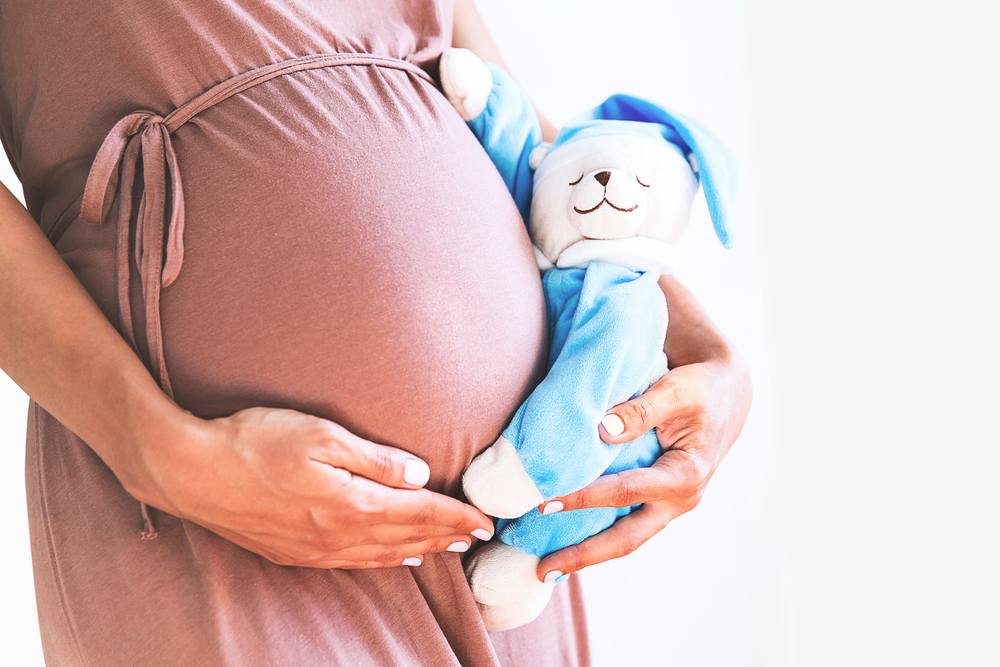Pregnancy Worsens Symptoms in MS Patients, Study Finds

Pregnancy, including successful delivery or miscarriage, worsens symptoms of multiple sclerosis (MS), as well as onset of the disease, a retrospective study shows.
Researchers found the same effect of pregnancy on neuromyelitis optica spectrum disorders (NMOSD), an inflammatory disorder of the central nervous system characterized by demyelination and damage of nerve fibers, especially in the eyes and spinal cord.
The study reporting these findings, “Influences of pregnancy on neuromyelitis optica spectrum disorders and multiples sclerosis,” was published in the journal Multiple Sclerosis and Related Disorders.
Women of childbearing age are the most prevalent group of patients with MS. Previous studies have shown that the frequency of symptoms’ worsening (relapses) in MS patients decreases during pregnancy, especially in the third trimester, but increases during the first trimester after birth.
In this study, Chinese researchers further investigated the impact of pregnancy on MS, mainly on relapse rate and disease onset (when one first experiences disease symptoms).
The retrospective study analyzed 170 MS women admitted to the Beijing Tiantan Hospital, Capital Medical University, Beijing, China. The annualized relapse rate (ARR) was determined by the number of pregnancy-related events during pregnancy (each trimester), or within one year after delivery/miscarriage (for four trimesters). Events before pregnancy also were considered.
Of the 170 MS women enrolled in the study, 128 (75.3%) became pregnant, resulting in 134 deliveries and 105 miscarriages.
Interestingly, researchers found that the age at first pregnancy (mean of 25.9 years) was significantly lower than that at MS symptom onset (mean age of 27.9), suggesting that pregnancy precedes the appearance of disease symptoms.
Researchers counted 376 relapses in MS patients who were pregnant at some point in their life, 64 (17%) of which were pregnancy-related relapses. Among those, five happened during pregnancy and 59 within one year after delivery/miscarriage.
Discuss the latest research in the MS News Today forums!
The ARR determined during the first and fourth semesters postpartum/postabortal periods was significantly higher than during pregnancy, suggesting that pregnancy, and possibly delivery/miscarriage, may contribute to worsening MS symptoms.
Importantly, the team found no correlation between the number of pregnancy-related relapses and MS severity.
Overall, the results of the study suggest an increased onset of symptoms — and worsening of those symptoms — in MS patients who became pregnant. Also, both delivery and miscarriage had a negative impact on MS progression.
Similar results were seen in patients with NMOSD.
“Taken together, this large retrospective study corroborated the results of other studies that elucidated a high relapse rate in the postpartum/postabortal period in NMOSD and MS,” researchers concluded.






